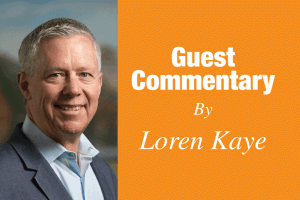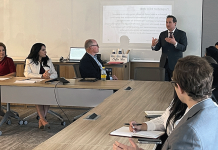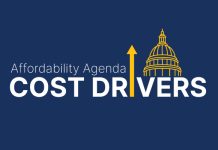 Governor Gavin Newsom released his revised budget last Friday, revealing a larger revenue shortfall, higher estimated safety net spending, but even so not a fiscal emergency.
Governor Gavin Newsom released his revised budget last Friday, revealing a larger revenue shortfall, higher estimated safety net spending, but even so not a fiscal emergency.
The combined revenue shortfall plus higher expenditures resulted in a $31.5 billion gap from a fully funded workload budget. Given the massive state budget surpluses enjoyed by elected leaders and state fiscal officials over the past couple years, few were surprised that a shortfall even of this magnitude could not be bridged by:
- Rolling back funding from one- or two-year program augmentations, or recapturing unused funds.
- Delaying spending augmentations to later fiscal years.
- Shifting spending to other fund sources or to proposed general obligation bonds.
- Some limited borrowing.
Except for a small withdrawal from the Safety Net Reserve, the Governor did not propose using any of the $37.2 billion in Rainy Day reserves to bolster the budget. Citing uncertainty and risks of a possible (but not forecasted) recession, higher interest rates, uncertainty in the financial institutions sector and federal debt limit reauthorization, and delayed tax filing deadlines, the Governor made the prudent decision to retain the option to use these reserves if the fiscal situation deteriorates further.
Governor Newsom was also firm in opposing tax increases to offset any of the spending reductions, delays or fund shifts he has already proposed. Asked whether he would give consideration to a corporate tax increase proposed by Senate Democrats, the Governor insisted that, “It’s not the right time, and it’s not the right thing to do.” He further explained that raising taxes would be unthinkable even as the state was still returning tax rebates to middle class Californians, and living off of a $100 billion revenue surplus from prior years.
CalChamber President and CEO Jennifer Barrera agreed, lauding the Governor for “maintaining his commitment to a balanced, prudent, and growth-oriented state budget in the face of fiscal headwinds. By boosting reserves, refusing to increase taxes, and maintaining key investments in education, infrastructure, workforce, tourism, and public safety, this budget lays the groundwork for California to withstand the impact of a possible economic downturn.”
Barrera also highlighted “Governor Newsom’s promise to focus on cleaning up homeless encampments, improving mental health services, strengthening public safety, as well as his effort to expedite building in California.” The Governor proposed adding funds to support interventions for severely mentally ill homeless individuals.
Governor Newsom also previewed a new initiative on infrastructure that he will detail in coming weeks. Aiming to expedite $180 billion in state, federal and private financing for transportation, energy and water supply, and internet facilities, the initiative will focus on cost cutting by reducing permitting delays.


